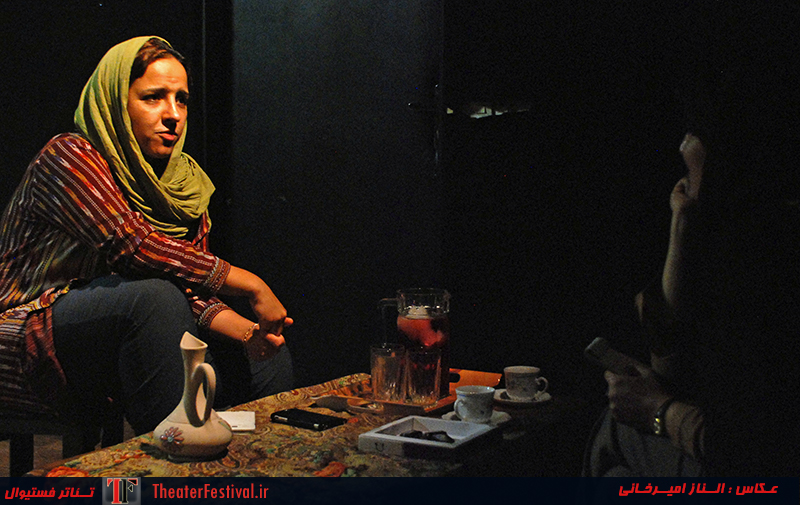
Note: The following interview with Neda Shahrokhi, the director of “Daricheh” (translated as:window) coincides with the time when the play was running in Fanous theatre hall. This was an attractive experience for the Iranian theater audience that respected the fine line between theatre and performance and avoided senseless formalism, which is very current among plays these days. This play invited the audience to see a storytelling, concerned and joyful theatre.
In this interview we talked to her on topics such as performance, formalism, environmental theater and social theater the result of which can be read below:
Part of the interview:
In fact, in the field of social theater, we generally work for the public and his is how theater can extend and spread, but if I just work and you be the only one who understands, how can theater spread? How many specific people see the play about which we think they may and may not understand or may and may not have an interpretation? What happens and is very dangerous is to look intellectually at theater, a look that has never even existed before in the history of theatre. In the beginning of theatre in Greece actors spoke and people ate food, some walked in and some walked out but tragedy was played for them and what is very interesting is that officials bought tickets for the poor so they could come and see theater. Theater was for the common people, perhaps for the lower and the middle classes of people, it is a kind of entertainment, and no one can say he likes to do something people do not get entertained by or understand! With no audience there will be no theater. The result is neither performance nor theater. Because when the audience does not understand, there is no communication, and when there is no understanding, you are not in the field of performing arts.